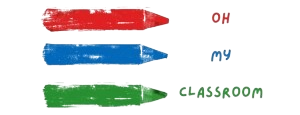Preschool memory games are not only engaging and fun but also foster the growth of essential cognitive skills in young children.
From sharpening concentration and enhancing visual recognition to improving attention span and strengthening problem-solving abilities, these games offer a myriad of benefits that go far beyond simple entertainment.
Match the Pairs:

“Match the Pairs” is a classic memory game that can be easily adapted to various themes and concepts. Start by creating pairs of cards or tiles with matching pictures or words. Spread them face-down on a flat surface and have your preschooler take turns flipping over two cards at a time, trying to find a match.
Memory Tray Challenge:
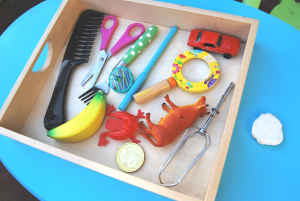
For a hands-on and sensory twist to memory games, try the “Memory Tray Challenge.” Prepare a tray with a collection of small items, such as toys, buttons, or household objects. Show the tray to your child for a limited amount of time (around 30 seconds) and then cover it. Ask your preschooler to recall and name as many objects from the tray as they can remember.
Sound Match-Up:

Incorporate auditory memory skills with the “Sound Match-Up” game. Gather a variety of objects that produce different sounds, such as bells, shakers, or musical instruments. Place them in a bag or box and have your child close their eyes. Select one item and make the sound it produces without revealing the object. Challenge your preschooler to identify and match the sound to the correct object.
Simon Says Remember:

Put a memory twist on the classic game of “Simon Says.” Instead of focusing on physical actions, emphasize memory recall. Start by giving your child simple instructions, such as “Simon says touch your nose.” Then, add a second instruction, such as “Simon says clap your hands.” Continue to add more instructions, and encourage your child to remember and follow each one correctly.
Story Sequencing:
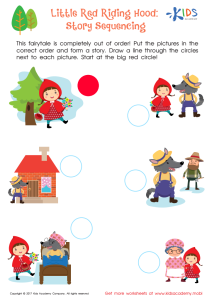
Develop storytelling and memory skills with the “Story Sequencing” game. Begin by reading or telling your child a short story with clear events or actions. Afterward, ask your preschooler to recall and sequence the events in the correct order. Provide visual aids or picture cards representing key moments from the story to help facilitate the sequencing process.
Picture Memory:
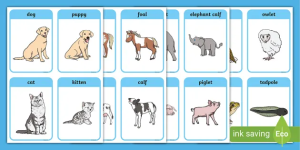
Create a set of picture cards featuring various objects, animals, or characters. Lay them face-down on a table or the floor. Encourage your child to turn over two cards at a time, trying to find matching pairs. If they uncover a matching pair, they get to keep the cards and take another turn. If the cards don’t match, they must be flipped back over, and it’s the next player’s turn.
Number Memory Trail:

Arrange a sequence of numbers in a line or a circle on the floor using numbered mats, cards, or chalk. Have your preschooler step on each number while reciting the sequence aloud. Once they’ve mastered the pattern, remove one or more numbers and challenge them to recall and step on the missing numbers correctly.
Memory Train:

Create a “memory train” by drawing or printing pictures of different objects or animals, each one representing a train car. Attach the train cars to a string or a wall, ensuring they are in a specific order. Show the train to your child for a short period, and then remove one or more train cars discreetly. Ask your child to identify the missing car(s) and recreate the original train sequence.
Memory Box:

Find a small box or container and fill it with a variety of objects. Let your child explore and observe the objects in the box for a few minutes. Then, cover the box and remove one or two items without their knowledge. Uncover the box again and ask your child to identify the missing object(s).
Alphabet Memory:
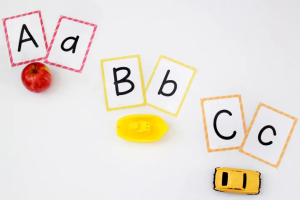
Create a set of alphabet cards, with each card featuring a letter of the alphabet. Place the cards face-down on a table or the floor. As they flip the cards, ask them to say the letter aloud.
Memory Scavenger Hunt:

Organize a memory-themed scavenger hunt around your home or a designated area. Hide a collection of objects or picture cards and provide your child with a list of clues about their locations. Encourage them to recall and remember the hints as they search for the hidden items.
The Magic Cup Game:

The Magic Cup game is one of the best preschool memory games available. It is a simple and engaging game that helps children develop their memory skills while having fun. The game involves hiding an object, such as a small toy or a colored ball, under one of several cups and then shuffling the cups around. The child needs to remember which cup the object is hidden under.
Number Chain:

Number Chain is one of the top preschool memory games that promote number recognition and sequencing skills. In this game, children take turns adding numbers to a growing chain. Each player must remember the sequence of numbers and continue the pattern correctly.
What Am I missing?:
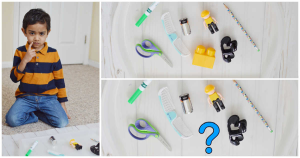
In this game, a group of objects is displayed to the children for a short period of time. Then, one object is removed, and the children need to identify which object is missing. This game challenges preschoolers’ visual memory and attention to detail.
The Card Game:

This classic game involves a deck of cards with matching pairs. The cards are shuffled and laid face down, and players take turns flipping two cards at a time, trying to find matching pairs.
Memory Charades:

Put a memory twist on the classic game of Charades. Write down various actions, objects, or animals on individual cards. Have your child randomly select a card and act out the word without speaking. Other players must remember the word and guess what it is based on the pantomime.
